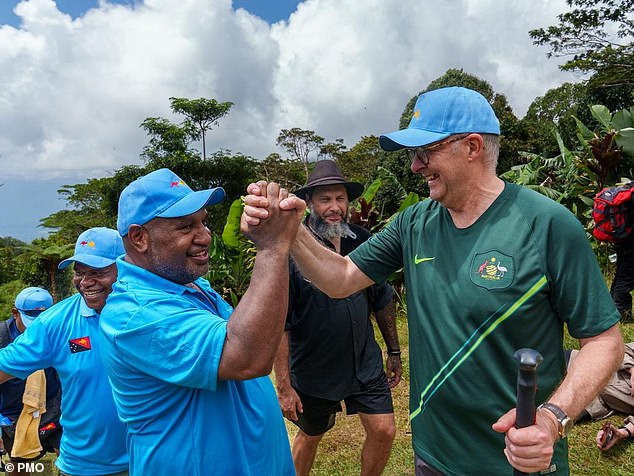Anthony Albanese will today reflect on the suffering and sacrifice of Australian troops at the site of one of the fiercest battles fought by Australians during the Second World War.
During his historic visit to Kokoda, Albanese will join Papua New Guinea Prime Minister James Marape at the annual Anzac Day dawn service at the Isurava memorial site.
The small town of Isurava was the scene of one of several desperate battles fought by Australian and American troops during their retreat along the Kokoda Trail between July and November 1942.
In his speech, Albanese will pay tribute to the perseverance and strength shown by the soldiers who fought and died for the country during the bloody campaign.
“We gather today on ground hallowed by Australian sacrifice,” he will say.
Anthony Albanese (right) will join Papua New Guinea Prime Minister James Marape (left) at the annual Anzac Day dawn service at the Isurava memorial site.
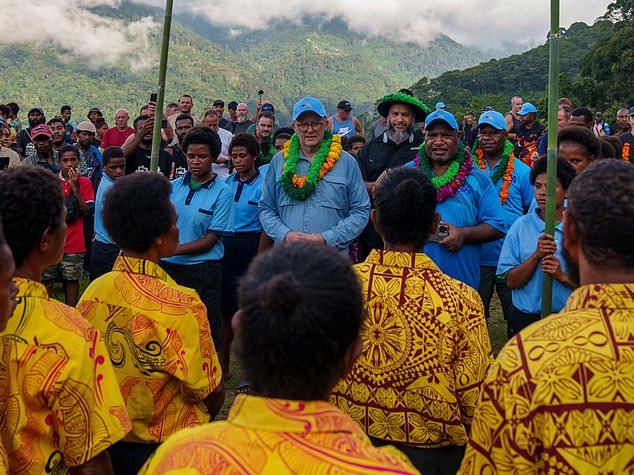
The Kokoda campaign, fought between July and November 1942, was part of Japan’s attempt to capture Port Moresby.
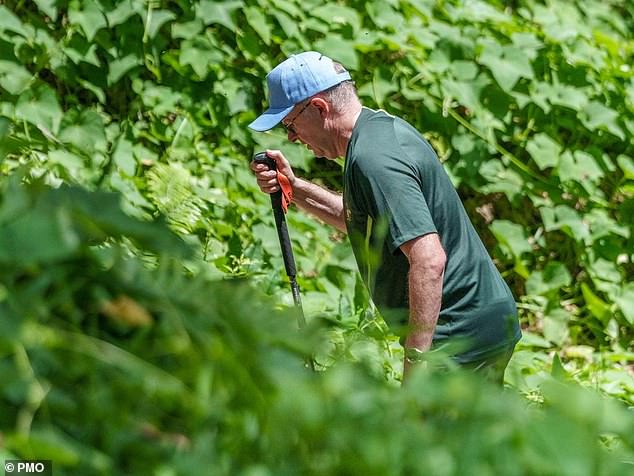
In his speech, the Prime Minister (pictured) will pay tribute to the perseverance and strength shown by soldiers.
‘Where we now have the privilege of uniting in peace and freedom, Australian soldiers fought to contain an implacable enemy.
«Six hundred and twenty-five Australians died on the Kokoda runway. Of them, 99 fell in the battle of Isurava and 111 more were wounded.
“And we remember and honor them this morning.”
The Kokoda campaign, fought between July and November 1942, was part of Japan’s attempt to capture Port Moresby when it was Australian territory.
Soldiers from the Papuan Infantry Battalion fought alongside the Australians during the battles, while thousands of civilians provided crucial support, delivering supplies, building bases and evacuating the sick and wounded.
Albanese will pay tribute to the unadorned strength of the Australian spirit and honor the “powerful” bond the nation forged with the people of Papua New Guinea during the conflict.
“We thank everyone who helped Australians in the face of retaliation and at times unfathomable cruelty,” the Prime Minister will say.
‘The villagers who risked their own lives to feed, guide and shelter Australians who desperately needed it.
‘The stretcher bearers whose courage was matched only by their kindness.
“They were angels who walked upright in the hell of war.”
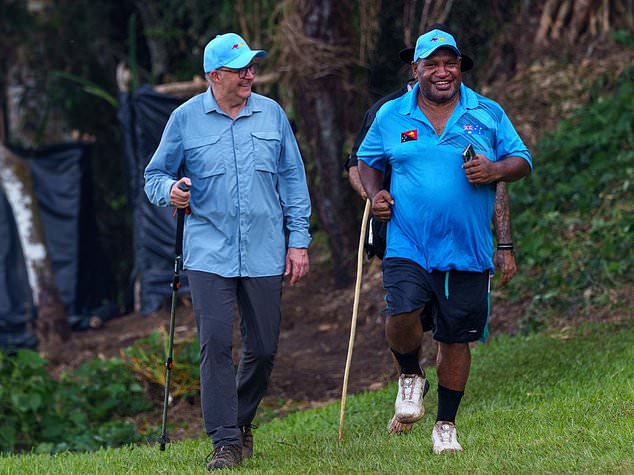
Albanese will thank the nurses and doctors who accompanied the country during the war
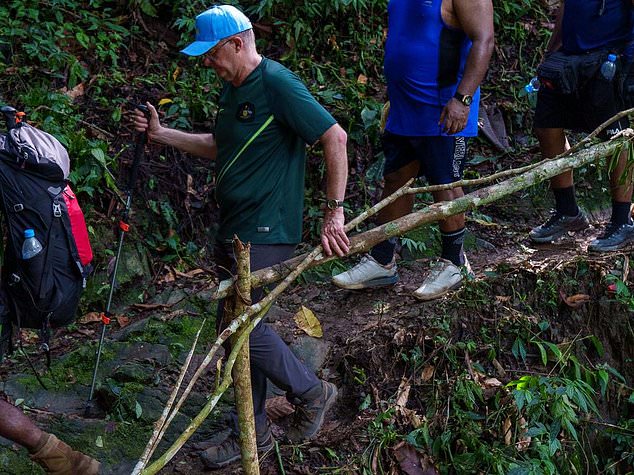
Six hundred and twenty-five Australians died on the Kokoda runway
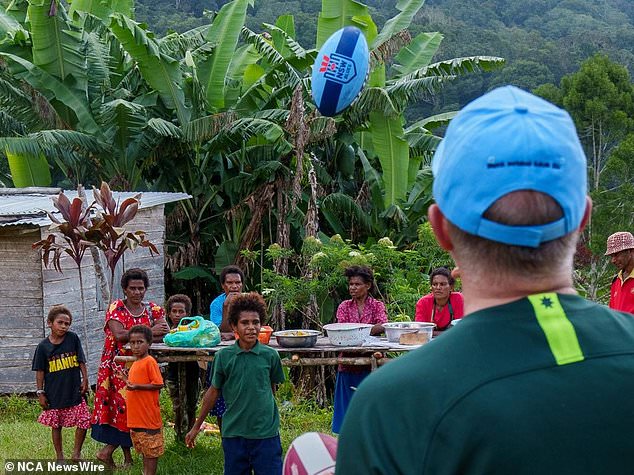
In the photo, Mr. Albanese spends time with the community in Papua New Guinea.
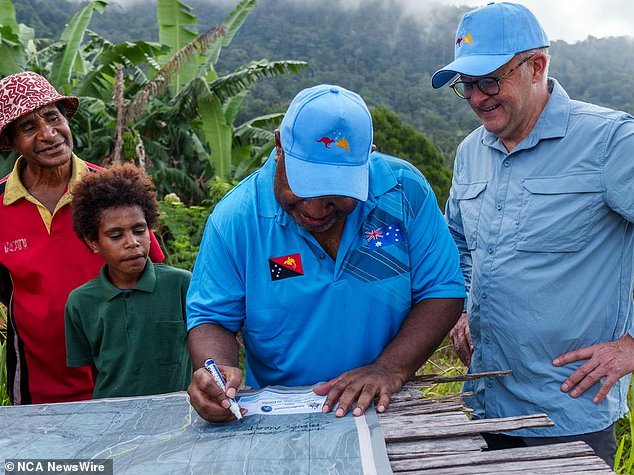
Anthony Albanese pictured with Papua New Guinea Prime Minister James Marape
Albanese will say the Anzac Day services held across Australia and the world were a collective act of remembrance, reflection and gratitude for those who enlisted and served.
He will also thank the country’s nurses and doctors who stood by the country during what former Prime Minister John Curtin called “the gravest hour in our history.”
“We meet every Anzac Day because the intensity with which the eternal flame of memory burns depends on the care with which we tend it,” Mr Albanese will say.
‘We come in gratitude. We come sad. A pilgrimage of memory as we maintain the long vigil of a grateful nation.
“We keep the solemn promise our countries made to those who fell so many years ago: we will remember them.”


